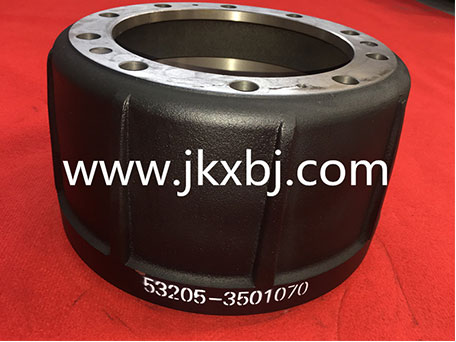

self tapping screw 1
Dec . 20, 2024 08:55 Back to list
self tapping screw 1
The Versatility and Importance of Self-Tapping Screws
Self-tapping screws are an essential component in various industries, from construction to manufacturing and even electronics. Their unique design allows them to tap their own hole as they are driven into the material, which distinguishes them from conventional screws that require a pre-drilled hole. This article will explore the benefits, applications, and variations of self-tapping screws.
What Are Self-Tapping Screws?
Self-tapping screws are designed to create their own threads as they penetrate materials such as metal, plastic, or wood. This process eliminates the need for tap drilling, making installation quicker and more efficient. The screw’s tip is often sharper than that of a regular screw, allowing it to penetrate materials easily. The threads are designed in such a way that they lock into the material securely, providing a strong hold.
Advantages of Self-Tapping Screws
One of the primary advantages of self-tapping screws is their efficiency. They significantly reduce the time and labor costs associated with fastening compared to traditional screws, which necessitate pre-drilling. This is particularly beneficial in high-volume production environments, where speed is crucial. Additionally, self-tapping screws minimize the potential for material damage that can occur when drilling.
Another advantage is their versatility. Self-tapping screws come in various sizes, lengths, and materials, allowing them to be used in a multitude of applications. For example, screws made of stainless steel are ideal for outdoor use due to their resistance to rust and corrosion. Meanwhile, screws designed for plastic applications have a finer thread to ensure a secure grip without splitting the material.
Applications of Self-Tapping Screws
Self-tapping screws find applications in numerous sectors. In construction, they are used for securing drywall, metal studs, and other structural components. In automotive manufacturing, self-tapping screws are often employed to assemble parts and components efficiently. The electronics industry also relies heavily on these screws to create secure connections in devices without compromising the integrity of sensitive components.
self tapping screw 1

Furthermore, self-tapping screws are often used in DIY projects and home improvement tasks. Homeowners and hobbyists appreciate their ease of use and the ability to achieve a professional-looking result without the need for specialized tools.
Types of Self-Tapping Screws
There are several types of self-tapping screws, each designed for specific applications. The most common types include
1. Sheet Metal Screws Designed for fastening metal sheets together, these screws have sharp threads for easy penetration.
2. Plastic Screws These have finer threads and a special design to grip plastic securely without causing splits.
3. Wood Screws Designed for woodworking, these screws often feature coarse threads that hold firmly in wood.
4. Self-Drilling Screws Also known as Tek screws, these have a drill bit-like tip that allows them to create their own hole while tapping threads in materials like metal.
Conclusion
Self-tapping screws have revolutionized the fastening process across various industries. Their ability to self-tap significantly reduces installation time, making them a favorite among professionals and DIY enthusiasts alike. With a range of types available, these screws can be tailored to suit almost any application, ensuring robust fastening solutions for both small projects and large-scale constructions. As innovation continues in materials and designs, self-tapping screws will undoubtedly remain a staple in the toolkit of builders, manufacturers, and hobbyists for years to come.
Latest news
-
Hot Dip Galvanized Bolts-About LongZe|High Strength, Corrosion Resistance
NewsJul.30,2025
-
High-Strength Hot Dip Galvanized Bolts - Hebei Longze | Corrosion Resistance, Customization
NewsJul.30,2025
-
Hot Dip Galvanized Bolts-Hebei Longze|Corrosion Resistance&High Strength
NewsJul.30,2025
-
High-Strength Hot-Dip Galvanized Bolts-Hebei Longze|Corrosion Resistance&High Strength
NewsJul.30,2025
-
Hot Dip Galvanized Bolts-Hebei Longze|Corrosion Resistance&High Strength
NewsJul.30,2025
-
Hot Dip Galvanized Bolts - Hebei Longze | Corrosion Resistance, High Strength
NewsJul.30,2025

